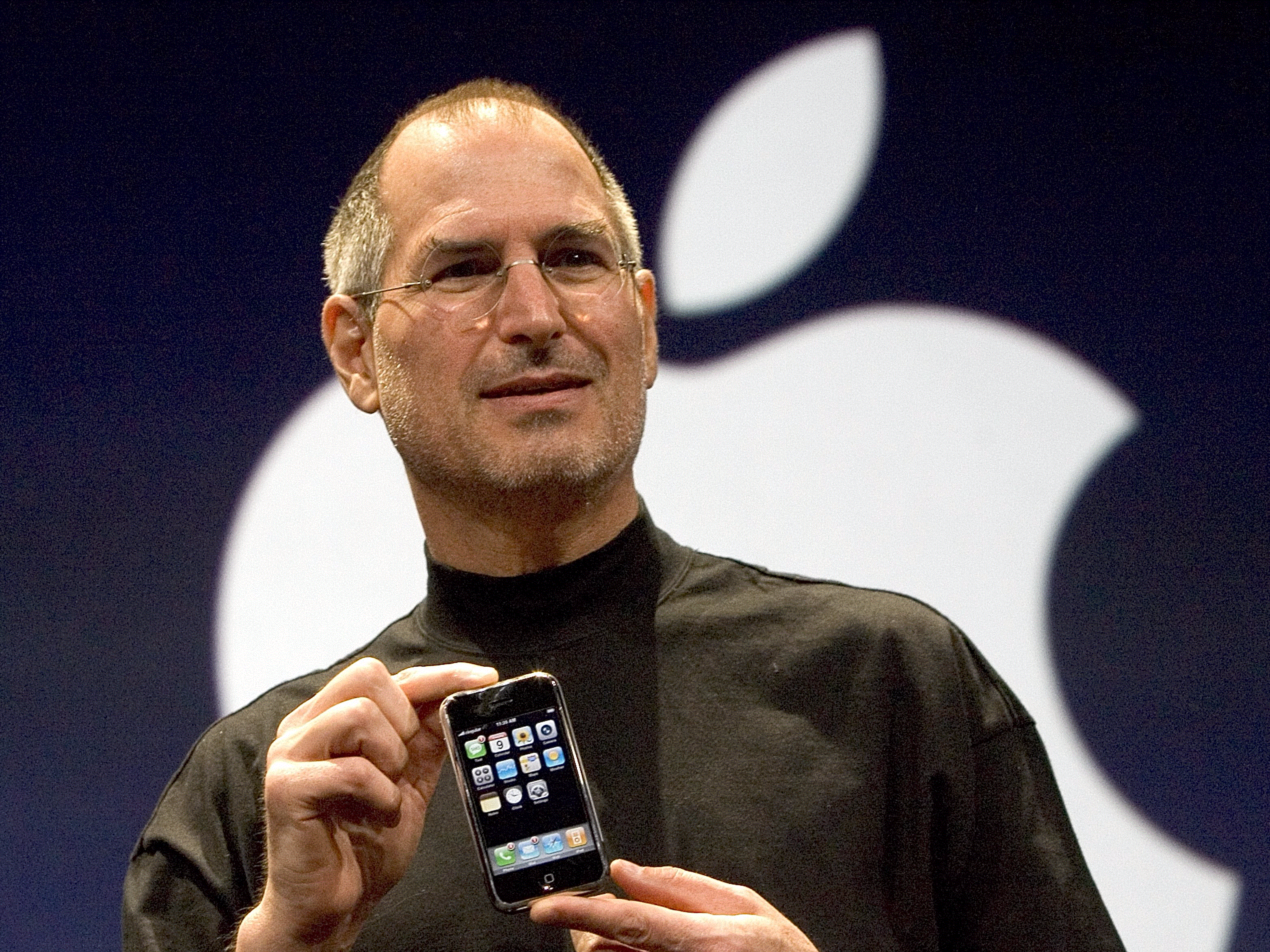Millennials: The Unentitled Generation

Entitlement. Why have we placed such an onerous label on a generation of people that simply desire more? We tend to believe that millennials are different than prior generations and that they expect more without sufficiently earning what’s given to them. They expect to climb the corporate ladder faster than prior generations, to earn immediate recognition for their efforts, and to experience a more balanced work-life environment.
But are they that much different than generations that have come before? Or are they simply a product of the evolutionary cycle of mankind? Every generation looks at its successor generation as more entitled. The Silent Generation held that same view of baby-boomers, as did boomers of Generation X, and Gen X of millennials. The only difference lies in the speed at which each generation’s needs are being met.
Most people are familiar with Maslow’s Hierarchy of Needs that postulates humans, by their very nature, desire self-actualization, referring to the realization of one’s full potential. Maslow contends that, to get there, we must first meet lower-level needs, including the physiological needs of food, rest, and shelter and the need for safety and security.
After the most basic needs are met, human will strive for the secondary need of love and belongingness and the need for esteem - recognition or accomplishment. Once the lower levels of needs are met, humans will strive for the pinnacle of desire - self-actualization, where creativity and purpose reside.
But because the pace at which the world is changing has been accelerating over time, so have humans and the speed at which our needs can adequately be met. For centuries, most people were concerned only with the most basic needs. The control of power in the hands of a small few, as well as the lack of technological advancement at the time, resulted in long periods of little to no change.
But since the turn of the 21st Century, technology has advanced rapidly, humans have adapted quickly, and the world has gotten a whole lot smaller. For most of the millennial generation, lower-level needs can be easily met, which gives them ample time to turn their attention upward, to higher-level needs.
I don’t see an entitled generation, closed off to the world, afraid to connect at a human level. I see quite the opposite. A generation of adventurers unafraid to explore the world. Unafraid to forge new relationships. Unafraid to experience life in a new way.
How many in prior generations would take time off from work to explore the world? Would share a room with someone that they’ve never met? Would leave a well-paid job to find an organization that harmonizes with their purpose? Or one that values their creative output?
Millennials recognize that skilled and creative people are incredibly valuable assets in today’s economic environment and they are more willing to move around, many times over, in search of the organization or leader that appreciates and values their contributions. This is a generation that seeks creativity and purpose because it’s the natural order of humans to do so.
It is the role of leaders to recognize the massive potential that exists in their entire workforce and that their needs continue to shift over time. And the most successful leaders of the 21st Century will be those that enable millennials, and all generations, to unleash their creative genius and realize their full potential.


















